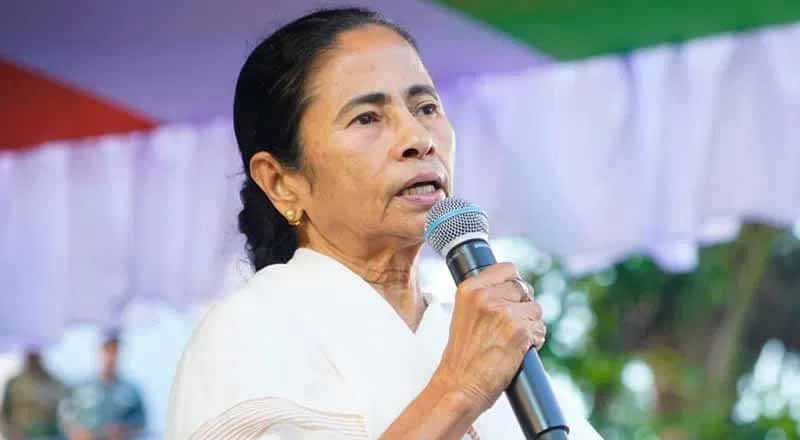- A magistrate’s court issued a summons to Mamata Banerjee on the complaint filed by an activist alleging that during a public function, Mamata Banerjee had started singing the National Anthem in the sitting position.
- The West Bengal Chief Minister had challenged the summons before the special court, saying that the sessions court, instead of quashing the summons and remitting the matter, ought to have quashed the entire complaint.
- The high court held that no fault can be found with the order passed by the sessions court, hence the HC need not interfere.
- The sessions court had noted that the magistrate’s court had not complied with the mandate of sections 200 and 202 of the Code of Criminal Procedure.
- Banerjee’s lawyer said holding an inquiry under these sections would cause unnecessary harassment and embarrassment to the CM.
- Justice Borkar refused to accept this argument and said the inquiry under these sections 2 is to decide whether there is sufficient ground to proceed against the accused.
A single bench of Justice Amit Borkar dismissed the application filed by Mamata Banerjee challenging a sessions court’s order of January 2023 remitting the matter back to the magistrate’s court for inquiry and on the issue of issuance of summons.
The Bombay High Court today refused to grant any relief to West Bengal Chief Minister Mamata Banerjee in a complaint seeking action against her for allegedly disrespecting the national anthem at an event here in 2022.
A magistrate’s court in March 2022 issued a summons to Mamata Banerjee on the complaint filed by activist Vivekanand Gupta alleging that during a public function in Mumbai, Mamata Banerjee had started singing the National Anthem in the sitting position, and later standing up and singing two verses before abruptly stopping and leaving the venue. His complaint claimed that Mamata Banerjee’s acts amounted to an insult and disrespect to the national anthem, and hence they are an offence under the Prevention of Insults to National Honour Act of 1971.
The West Bengal Chief Minister had challenged the summons before the special court. Ms Banerjee in her application said the sessions court, instead of quashing the summons and remitting the matter, ought to have quashed the entire complaint
The high court held that no fault can be found with the order passed by the sessions court remitting the matter back to the magistrate’s court for fresh inquiry and to decide on the issuance of process (summons) afresh. Hence the HC need not interfere, said Justice Borkar.
The sessions court, while quashing the summons and remitting the matter back, had noted that the magistrate’s court had not complied with the mandate of sections 200 and 202 of the Code of Criminal Procedure. Under these sections, a magistrate can postpone the issuance of summons in a case and carry out an inquiry herself or himself or direct the police station concerned in cases where the person against whom action is sought resides outside the territorial jurisdiction of the magistrate.
Banerjee’s lawyer Majeed Memon said holding an inquiry under these sections would cause unnecessary harassment and embarrassment to the CM, who is a public servant. Justice Borkar, however, refused to accept this argument and said the purpose of holding an inquiry under sections 200 and 202 is to decide whether there is sufficient ground to proceed against the accused.
The court referred to a Supreme Court judgment that said it was not correct for a sessions court in revision to consider the whole complaint on merits and dismiss the same on merits.





